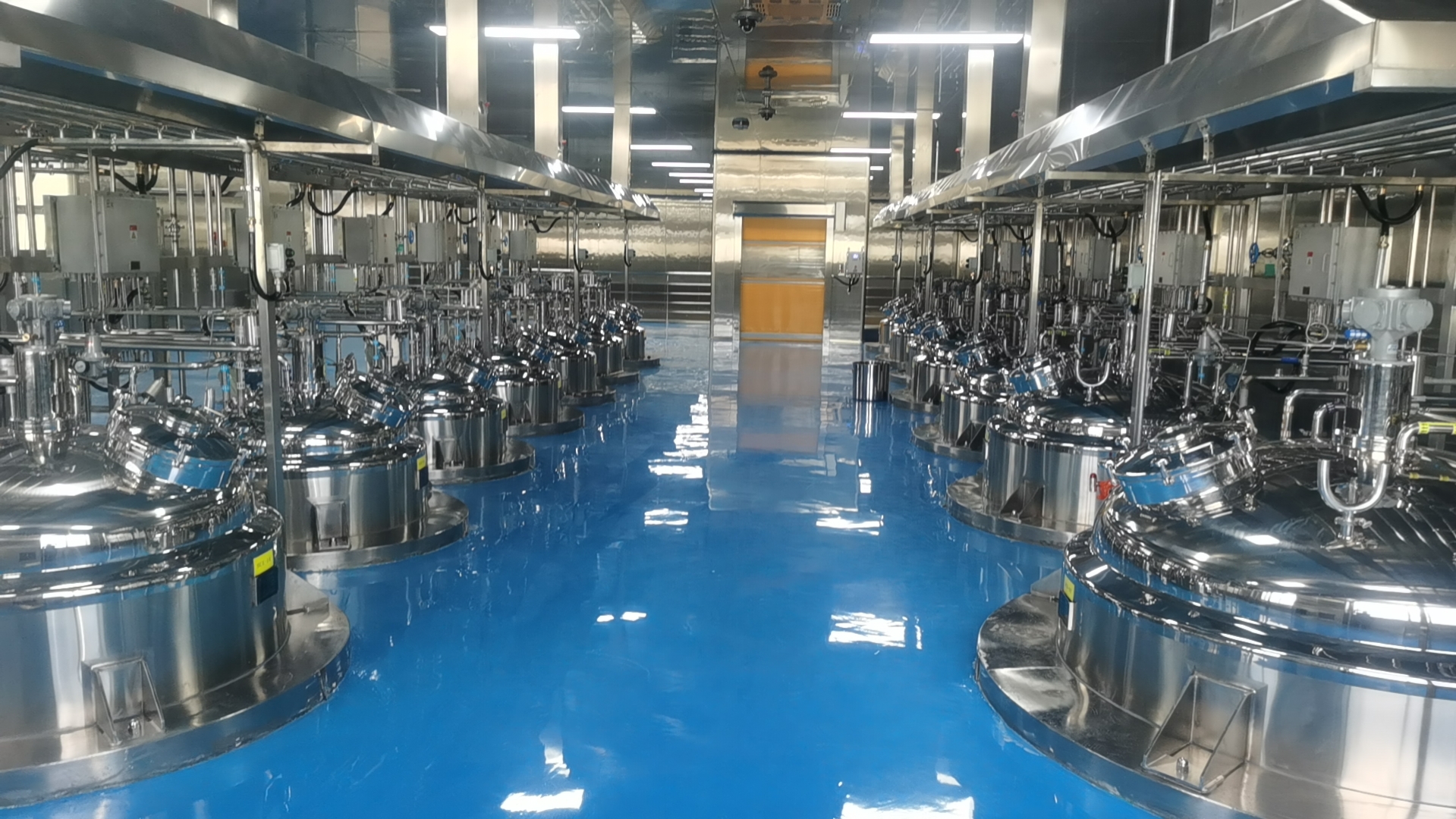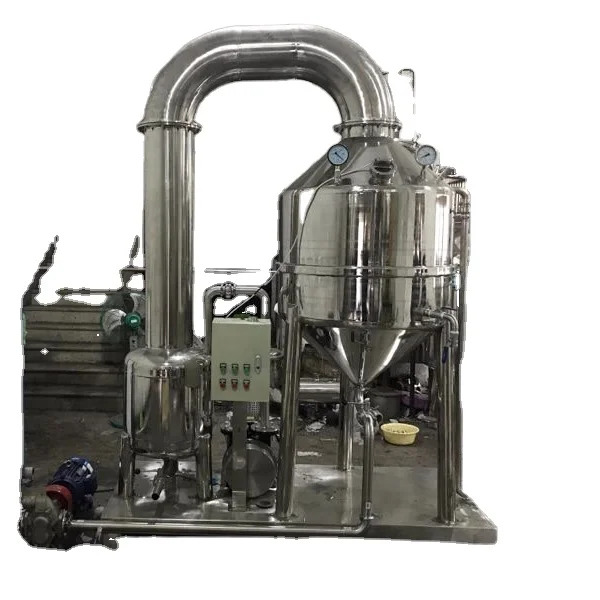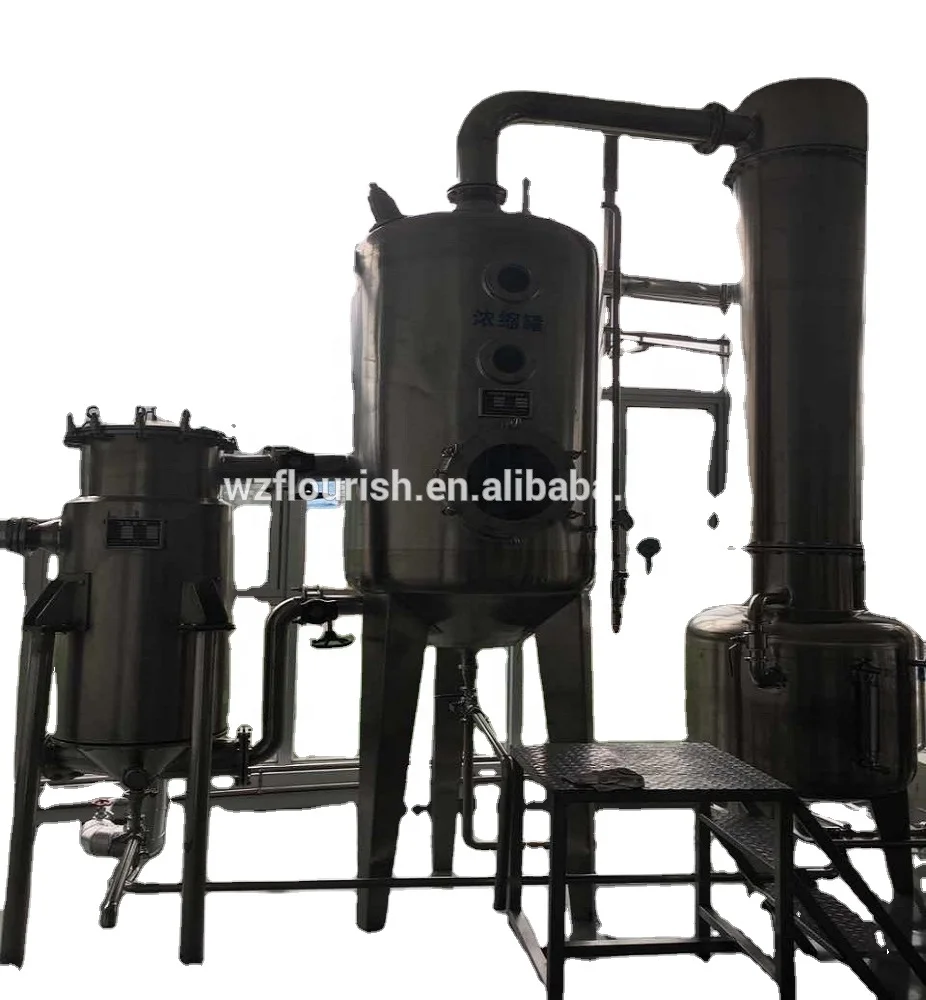
ABOUT
Wenzhou Vince Machinery Science Co., Ltd. was established in early 1980s. Our company covers an area of 6500 square meters and is an independent legal representative firm, possessing rich economic technology strength. Our company is a high tech enterprise and plays an important role in national dairy, foodstuff, pharmacy and machinery industries. We are a beverage machinery supplier.
Since the establishment, our company has mainly engaged in dairy products, foodstuff, beverage machinery, bean products, yellow wine, medicines and fermentation projects. What's more, our company supplies a complete sequence services in manufacturing, installation, test and personnel train, as well as the whole direction service design and consulting service on product project construction or enlargement artistic distribution engineering sets budget.
Durability and Longevity of Pasteurizing Tanks
Material Selection
The choice of construction material significantly influences a pasteurizing tank's lifespan. Stainless steel, particularly grades 304 and 316, are commonly used due to their corrosion resistance and ability to withstand high temperatures. However, even stainless steel can be susceptible to pitting or crevice corrosion if not properly maintained. The thickness of the steel also plays a crucial role; thicker walls offer better resistance to pressure fluctuations and mechanical stress.
Emerging materials like duplex stainless steels offer enhanced corrosion resistance compared to traditional grades, particularly in environments with high chloride concentrations. Proper material selection, considering the specific product processed and cleaning agents used, is paramount for maximizing tank longevity.
Construction and Design
The quality of welding and overall construction significantly impacts a tank's structural integrity. Poor welds can be points of weakness, leading to leaks and premature failure. Furthermore, the design features, such as the inclusion of robust supports and appropriate agitation systems, influence the tank's ability to withstand the stresses of operation and cleaning.
Proper design considerations also include minimizing dead zones within the tank where product can stagnate, promoting bacterial growth and potentially leading to corrosion. Careful attention to detail during the manufacturing phase is critical for achieving a long-lasting and efficient pasteurization system.
Maintenance and Cleaning Practices
Regular and thorough cleaning is vital for preventing corrosion and extending the lifespan of a pasteurizing tank. The choice of cleaning agents is crucial; aggressive chemicals can damage the tank's surface over time. Regular inspections for signs of corrosion, leaks, or structural damage are also essential for proactive maintenance.
Following recommended cleaning procedures and using appropriate cleaning agents will help to prevent the buildup of residues that can contribute to corrosion. Implementing a preventative maintenance schedule, including regular inspections and timely repairs, significantly extends the operating life of these critical processing units.
SUBSCRIBE
INQUIRY





